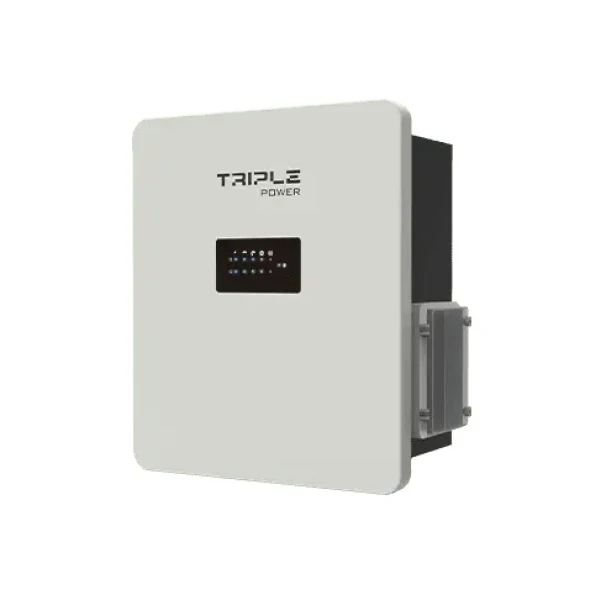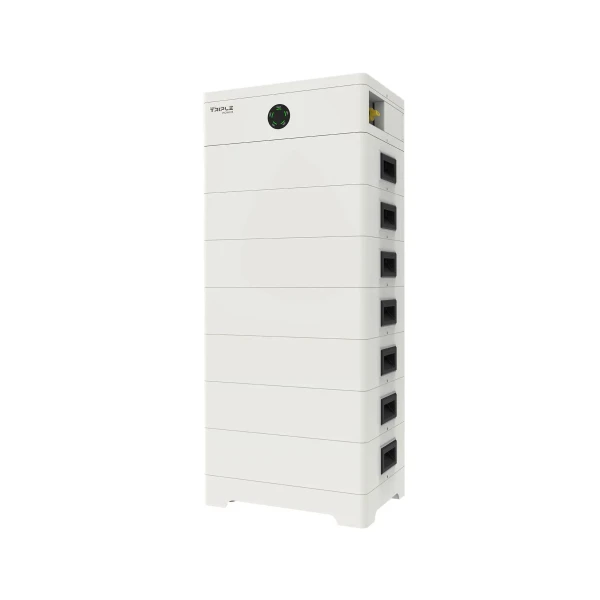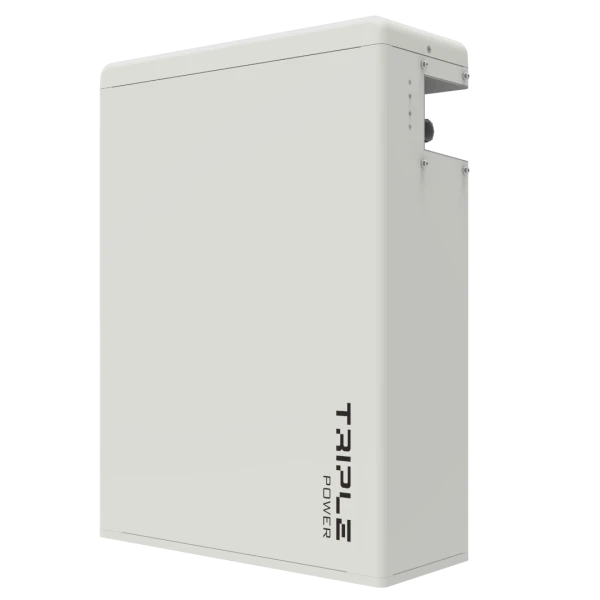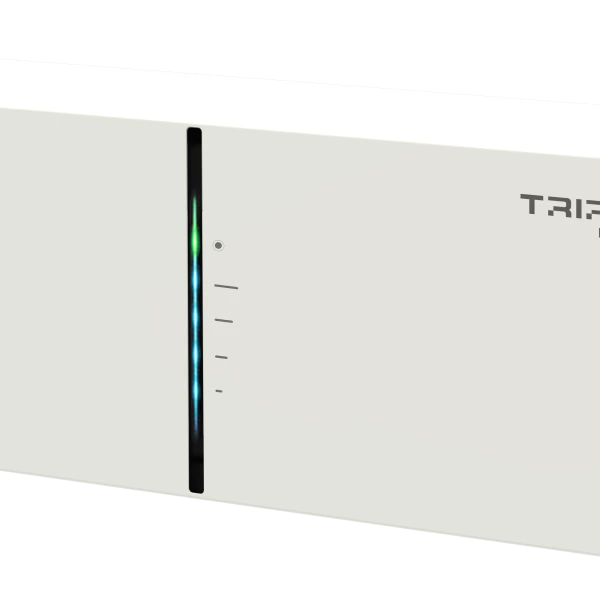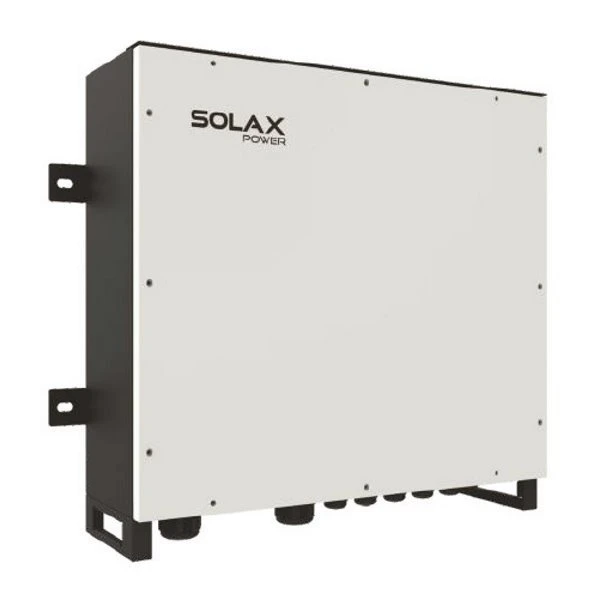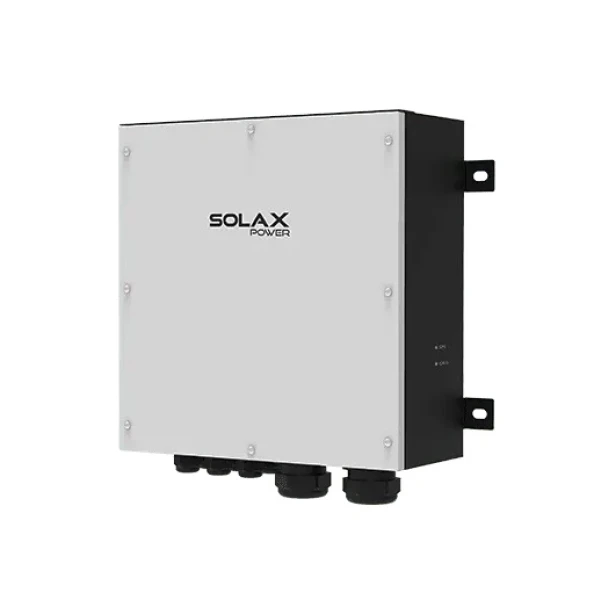Commercial and industrial battery storage system
Commercial and industrial energy storage for solar systems from SOLARKIT
Welcome if your business wants to become energy independent! Commercial and industrial energy storage systems offer the opportunity to store energy that you generate or purchase at low cost and make it available as ready-to-use energy when you really need it – for example, during peak times or power outages.
These systems provide efficient peak load management, outstanding power cost reduction, and proactive network management. Modern lithium iron phosphate (LFP) batteries are ideal for industrial environments thanks to their long service life (several thousand cycles), high safety, and low maintenance requirements.
Imagine your company not only reducing its energy costs by up to 30–60%, but also increasing availability in the event of a power outage. With scalable solutions without walls, they are suitable for installations ranging from 100 kWh to several MWh, fitting well with existing or new solar systems.
Don't let high electricity prices or grid instability limit your business operations. Take a look at our range, request a technical consultation from our experts, and choose a future-proof, sustainable energy storage solution now!
As a reseller, installer or wholesale partner, register in our B2B webshopbefore purchasing your first energy storage system! Once your registration has been confirmed, you will be able to access our B2B webshop, where you will always find up-to-date information on prices, stock and current discounts. Once you have logged into the webshop, you can purchase energy storage devices and place online orders quickly and easily.
Do you have any questions about our products?
As a B2B partner, please contact your designated sales representative, where our colleagues will be happy to assist you and answer any questions you may have about the selected energy storage device.
You can also find a lot of useful information in the following frequently asked questions and answers:
Growing energy demands and predictable energy costs? It's possible!
Yes, it is possible! Hybrid energy storage systems – especially Huawei's energy storage solutions – are capable of optimizing energy consumption while intelligently storing energy purchased or generated during cheaper periods. This reduces the load on the grid and makes costs predictable, even if your business's energy needs grow over time. What's more, with backup boxes and asymmetric hybrid inverters, the system adapts flexibly to the load – so it always delivers the right amount of power where it's needed.
How are industrial and commercial solar energy storage systems different, and how do they work?
Industrial and commercial energy storage systems are high-capacity, scalable solutions that not only store energy but also perform complex energy management functions (peak shaving, load shifting, backup). The complete system consists of battery modules, an inverter (PCS), a battery management system (BMS), and an energy management system (EMS), which together enable the system to charge and discharge intelligently, taking into account energy prices, grid requirements, and operating priorities.
What are the benefits of commercial electric energy storage?
Cost savings – the system charges during off-peak periods and uses the energy during peak periods, reducing electricity bills and fees.
Peak load management – keeps network peak loads down, resulting in lower demand charges.
Secure operation in the event of a power outage – ensures continuous power supply to critical operations.
Renewable integration – allows for greater use of solar energy, helping to meet green business goals.
Reduced carbon footprint – can be part of an environmentally friendly, sustainable power system.
Which battery technology can be used in industrial systems?
Lithium-ion-based technologies are most commonly used, particularly lithium iron phosphate (LFP) and NMC variants, which offer high energy density and long cycle life. LFP technology is particularly advantageous in industrial environments: it is stable, safe, does not contain cobalt, and can withstand up to 6,000–10,000 charging cycles with a service life of 15–20 years. As an alternative ,redox flow batteries (e.g., vanadium) can also be used in some cases , which have an extremely long service life and are easily scalable, although they have a lower energy density.
How long can batteries store energy and when do they need to be replaced?
The storage time depends on two factors: the total capacity of the system (kWh) and the maximum power output (kW). For example, a 1 MW system with a capacity of 4 MWh can operate at 1 MW for ~4 hours. The capacity of LFP batteries generally decreases to 70–80% after 6,000–10,000 cycles, which corresponds to a regular service life of 15–20 years. Replacement or capacity supplementation is necessary when the system falls below the required kW or kWh capacity, or when the EMS/BMS can no longer guarantee efficient operation.
Is the system prepared for a power outage?
Absolutely. The systems include automatic backup in the event of a power failure, which is controlled by the EMS, ensuring that power is immediately available for reliable operation after a power failure. This is particularly important in industrial and commercial operations where continuous operation is critical. The systems are designed with redundancy to ensure availability.
Can the energy storage system be expanded later?
Yes, modern industrial energy systems can be expanded in a modular fashion. In redox flow systems, capacity can be increased by adding specially designed tanks. In lithium-ion systems, additional battery blocks and inverter units can be added, allowing the system to be adapted to growing energy requirements at a later date.
What ongoing and annual fire safety and maintenance requirements should be considered?
Fire safety: Installation must comply with UL 9540 and NFPA 855 regulations, including proper ventilation, fire separation distances, temperature and gas detectors, and automatic extinguishing systems.
Maintenance: Annual inspections include: electrical connections, battery case condition, cooling systems, BMS and software reviews.
Continuous monitoring: The BMS monitors charging cycles, voltage, and temperature on a daily basis, while the EMS controls optimal operation.
Documentation: All inspections, maintenance and fire safety incidents must be documented, and regular training and emergency plans must be prepared.
Renewable energy storage solutions and recommendations from SOLARKIT experts
Building a sustainable future is not just an option – it is essential. The commercial and industrial energy storage systems offered by SOLARKIT are not only economical solutions: they are flexibly expandable, safe and comply with the highest technical and fire safety standards. This guarantees your business a stable energy supply, even in the event of a power outage, while allowing you to delegate energy management.
Our featured offers include Huawei energy storage systems, which offer market-leading solutions with their reliable, intelligent and efficient operation. In the event of a power outage, Backup Boxes ensure automatic switchover and uninterrupted operation.
Choose SOLARKIT energy storage systems – because you can secure the future now.


